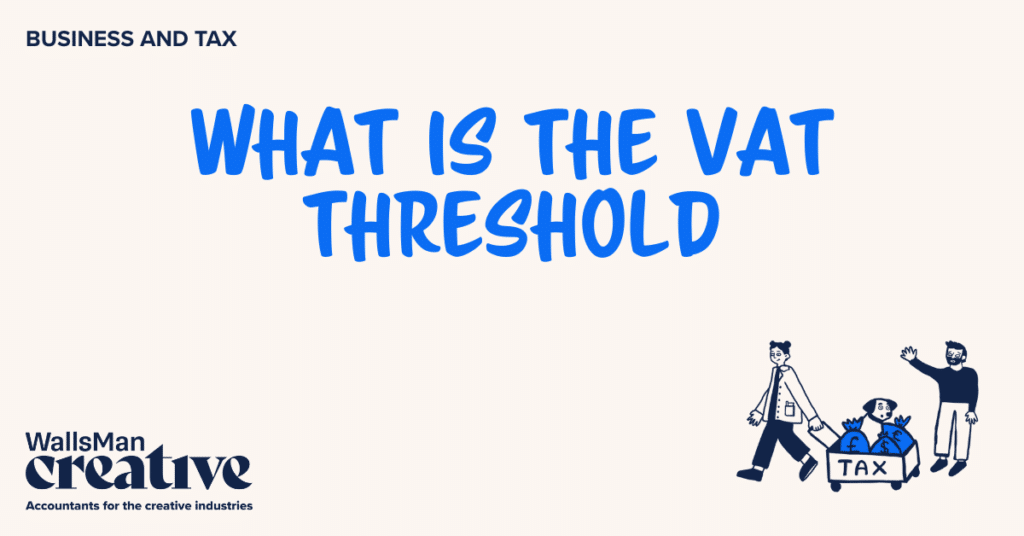Key Takeaways
- Foreign income includes wages, rental income, pensions, and investments earned outside the UK, and UK residents must declare it to HMRC.
- Your UK tax residence status determines what’s taxable: residents typically taxed on worldwide income vs non-residents usually taxed only on UK income.
- Being required to report foreign income does not always mean you’ll pay UK tax on it.
- Double Taxation Relief and Foreign Tax Credit Relief prevent you from paying tax twice.
- Foreign income and gains are reported through a Self Assessment tax return.
- Most UK residents are taxed on the arising basis.
- The Foreign Income and Gains (FIG) regime can exempt foreign income for new UK residents for their first four tax years – if eligibility conditions are met.
- Failing to report foreign income can lead to penalties and interest.
Here’s how UK tax on foreign income actually works, what counts, and how to make sure you’re not paying more than you should – brought to you by HMRC:
Table of contents
- 1. What counts as foreign income for UK tax?
- 2. How your UK tax residence affects foreign income tax…
- 3. Do you always have to pay UK tax on foreign income?
- 4. How double taxation relief and foreign tax credits work
- 5. How to report foreign income and gains to HMRC
- 6. The arising basis and the new Foreign Income and Gains (FIG) regime
- 7. Get expert advice before you file your tax return
1. What counts as foreign income for UK tax?
Foreign income is any income arising outside the UK. HMRC treats the following as foreign income:
- Wages or freelance income for work carried out overseas
- Income from foreign investments (dividends and savings interest)
- Rental income from property located outside the UK
- Income from pensions held overseas
- Income from the Channel Islands or the Isle of Man
If you’re resident in the UK, all of this must be declared to HMRC in the foreign income section of your Self Assessment tax return.
This applies even if the income stays in a foreign bank account and is never brought into the UK.
Now, whether this income is taxable in the UK depends on your tax residences status, which is decided using the Statutory Residence Test.
2. How your UK tax residence affects foreign income tax…
Your tax residence status determines whether HMRC can tax your foreign income.
As a UK resident
If you’re a UK resident If you’re classed as resident in the UK, you’ll usually be taxed on your worldwide income and gains. This means income earned overseas is included on your UK tax return, regardless of where the money is paid or held.
As a non-resident
If you’re non-resident If you’re non-resident for UK tax purposes, HMRC generally only taxes your UK income. Foreign income is usually outside the scope of UK tax, although specific rules can still apply in some cases.
If you have a split-year treatment
If you move into or out of the UK partway through a tax year, split-year treatment may apply. This divides the tax year into a UK resident period and a non-resident period, so only income from the UK resident part is taxed as worldwide income.
It’s worth noting that “residence” for tax purposes isn’t always the same as where you physically live! You might spend months abroad but still count as UK resident depending on your ties, like having a home or family here.
| Creative Tip If you’re unsure, HMRC’s UK residence and tax tool is a good starting point. It’ll help you check your status before you file your return. |
3. Do you always have to pay UK tax on foreign income?
Not always.
Being required to report foreign income does not automatically mean you’ll pay UK tax on it. In many cases:
- Tax has already been paid in another country
- Relief is available under UK tax rules
- A double taxation agreement decides which country can tax the income
The outcome depends on the type of income, the country it comes from, and your personal tax position.
4. How double taxation relief and foreign tax credits work
One of the most common worries about foreign income is getting taxed twice. You’re once abroad and then again in the UK…
Luckily, HMRC has a system to stop that from happening.
It’s called Foreign Tax Credit Relief.
If you’ve already paid tax on your foreign income or gains in another country, you can usually claim a credit for that amount against your UK tax bill. In other words: you won’t pay tax twice on the same money. You’ll just top up to the UK rate if it’s higher.
The exact amount of relief you can claim depends on:
- how much foreign tax you’ve already paid
- what type of income it is (employment, rent, dividends, etc.)
- whether the UK has a double taxation agreement (DTA) with that country
Most major countries have a DTA with the UK, which sets clear rules about where and how your income should be taxed. If you’re working remotely for an overseas client or earning investment income abroad, that agreement often decides which country gets first claim on your tax.
| Creative Tip You can find the details on GOV.UK under “If you’re taxed twice”. |
5. How to report foreign income and gains to HMRC
Once you know your income is taxable in the UK, the next step is to tell HMRC about it. You’ll do that through a Self Assessment tax return, using the Foreign section to report your overseas income and gains.
Here’s what the process looks like:
- Register for Self Assessment by 5 October after the end of the tax year (that’s 5 April each year).
- File your tax return online by 31 January the following year.
- If you’ve filed before, use your existing Unique Taxpayer Reference (UTR).
Even if you’ve already paid tax abroad, HMRC still wants to see the details! You’ll need to include the foreign tax paid so that you can claim Foreign Tax Credit Relief if it applies.
If you’ve realised you missed reporting income from earlier years, don’t panic!
You can fix it using the Worldwide Disclosure Facility, HMRC’s official system for correcting undisclosed foreign income. It’s easy to use, and definitely better than waiting for HMRC to contact you first.
Once it’s submitted, you’ll get confirmation from HMRC, and they’ll calculate if you need to pay UK tax or if you’ve already covered it through foreign tax paid.
6. The arising basis and the new Foreign Income and Gains (FIG) regime
This is where UK tax on foreign income gets a bit technical… This section mainly applies if you’re new to the UK or returning after time abroad.
Most UK residents are taxed on the arising basis. This means your worldwide income and gains are taxed in the UK as they arise, even if the money stays overseas.
From 6 April 2025, the remittance basis was replaced by the Foreign Income and Gains (FIG) regime for eligible individuals.
Here’s what that means:
Arising basis
This is the default for most UK residents. It means you pay UK tax on your worldwide income and gains as soon as they arise. Even if you leave the money sitting in a foreign account.
Foreign Income and Gains (FIG) regime
This applies to new UK residents who have been non-resident for at least 10 consecutive tax years before returning. Under this new regime, you don’t pay UK tax on most foreign income and gains for your first four tax years of residence.
After those four years, you move onto the arising basis, and your worldwide income becomes taxable in the UK.
| Creative Example Say you’re a designer moving to the UK after working abroad for over a decade. For your first four tax years, your foreign earnings and gains are generally exempt under the FIG regime. Once that period ends, HMRC will tax your worldwide income on the arising basis. |
If you’re unsure whether you qualify for the FIG regime or how it affects your situation, a tax specialist can help you work it out before you file… and that’s where we come in!
7. Get expert advice before you file your tax return
WallsMan Creative works with creative people to help you understand how foreign income and gains affect creative professionals, freelancers, and small business owners in the UK.
If you earn abroad but call the UK home, we’ll connect you with the right experts so your finances stay compliant, and you don’t have to be afraid of HMRC anymore.
A good accountant can help you figure out what’s actually taxable in the UK, what qualifies for relief, and how to avoid paying more than you should. It’s the kind of advice that saves you time, stress, and sometimes a fair bit of money.





